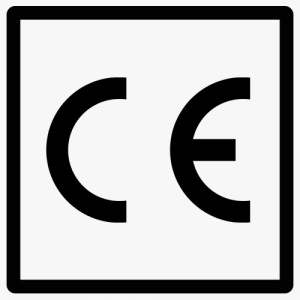As your landlord, we have a legal duty to ensure that the wiring in your home and any equipment owned by ourselves and provided for your use is safe.
We carry out periodic checks of the electrical wiring in your home and test portable appliances in communal areas. However, you are responsible for any electrical equipment you have brought into your home and how you use it.
Faulty appliances are a major fire risk, so if any of your appliances, such as your fridge or washing machine, start making strange noises or aren’t working properly, please don’t ignore it.
Your electrical safety responsibilities
Every five years, you must allow us access to your home to complete your electrical safety check. If you do not allow us access you will be in breach of your tenancy agreement and we will take legal action. This may result in you losing your home.
You must never attempt to do any electric related work or repairs yourself.
Electrical safety tips
To reduce the risk of an injury or fire caused by electrical faults, follow our safety advice.
- Only buy electrical appliances and chargers from a reputable source and always check for a British or European safety mark.


- Don’t overload plug sockets or adaptors.
- Check your sockets regularly – if you see burn marks or they feel hot please contact us on 01253 477222 to arrange an inspection.
- Don’t put electric heaters near curtains or furniture and don’t dry clothes on them or cover the air vents on heaters.
- Don’t trail flexible cables under carpets or rugs – you won’t be able to see any damage
- Regularly check for frayed or worn cables and wires. Check to see if the cable is fastened securely to the plug and check the socket for scorch marks. You should always carry out these checks before you use an appliance
- Switch off appliances at the socket when not in use. Switch off appliances when you go to bed or when you go out unless they are designed to be left on (e.g. fridge freezer)
- Keep electrical appliances clean and in good working order. Look out for fuses that blow, circuit-breakers that trip for no obvious reason and flickering lights
- Don’t use electrical appliances near water and never touch electrical appliances with wet hand
- Don’t use water on an electrical fire. Pull the plug out or switch the power off if it is safe to do so and call the fire brigade
For more information on electrical safety, visit the Electrical Safety First website: www.electricalsafetyfirst.org.uk



